Yusef Lateef
Yusef Lateefs Detroit Laltitude 42 30′ Longitude 83
£39.99
Format: LP, Vinyl
RSD 2023 – Available from 22 April 8am in store and on-line from Monday 24th April 8pm
In stock
Yusef Lateef – Yusef Lateef’s Detroit (Arc)
Overseen by Gilles Peterson, and in his words the “most complete funk record” ever recorded by Lateef, Arc records have reissued this relatively unsung 1969 session with a thick tip-on jacket on 180g black audiophile vinyl remastered by Bernie Grundman, with fresh sleeve notes from Dexter Gordon’s widow Maxine and tributes from Peterson and Ayesha Lateef. Although Lateef was born in Chattanooga Tennessee, his family migrated northwards to Detroit when he was five years old in 1925, along with around 1.6 million southern Afro-Americans—escaping the heavily segregated south and poor economic conditions marked by the prevalence of Jim Crow laws—in a period known as the First Great Migration, one of the largest domestic population movements in American history.
When Lateef came to record for Atlantic in February 1969, he had already recorded albums on Argo, Savoy, Prestige, Riverside and Impulse and had a reputation as a well-seasoned professional. His pioneering blend of jazz with genres such as folk, blues, gospel, free improvisation, classical and eastern meditative music belied a brave musician who was at the cutting edge of jazz’s avant-garde, a dynamic creative force who never stayed still. Lateef refused to be bound by stylistic limitations and, as such, was one of the forebearers for incorporating classical woodwind in jazz, famously playing oboe—as heard in the seminal recordings Brother John and Love Theme From Spartacus—and bassoon. He would also innovate the use of non-western musical instruments in jazz such as the bamboo flute, arghul, shanai and shofar.
Deep social chasms in Detroit had emerged since the ‘67 riots. With the sharp decline of the car industry, white flight to the suburbs and the relocation of Motown—a key source of the city’s cultural capital—to Hollywood, Detroit faced a bleak prognosis, an ailing city down on its luck that had become a focus of national scrutiny. However, the optimism and character that Lateef channels here stands in proud contrast to the city’s critics and suggests that Detroit was fertile soil for new and renewed creative expression, in spite of its chequered past. The music therefore becomes a rallying encouragement for the city and a signifier that Detroit’s creative wellbeing was still intact, with a healthy and well-functioning musical eco-system. The recorded music plays out like an aural excavation of Lateef’s Detroit, visiting formative landmarks such as schools, playgrounds and marketplaces from his past, composing scores which capture the nuanced emotions of Lateef in reflection, burrowing deep into his home turf. It also captures the essence of the civil rights struggle, proud and unflinching, a stark statement from Lateef which harnessed the power and wide reach of contemporary soul and intertwined it with the reactionary and spiritual overtones of his unique brand of jazz.
In essence, it is a characterful profile of the Motor City, one of his funkiest albums which offers up spacious, groove heavy stylings alongside sharp musicality from heavyweight musicians; Eric Gale on guitar, Cecil McBee and Chuck Rainey on basses; Jimmy Owens on trumpets; Ray Barretto on congas; Bernard Purdie and Roy Brooks on Drums and Albert ‘Tootie’ Heath on percussion. A William Fischer conducted string quartet appear on four of the compositions too, adding extra colour. The sound world is spiritual—as you would expect with Lateef’s music—blended with the groovy, flamboyant rhythms of soul and funk, supported by seriously capable cats: it sounds almost as if the Funk Brothers had recorded a session at the behest of Rahsaan Roland Kirk. Set highlights include Raymond Winchester, an airy and loose arrangement which builds in fortitude and feeling, with an electricity inducing wah-wah guitar solo from Eric Gale bringing the funk. Bishop School is a playful and upbeat composition, overlaid with Lateef’s lyrical flute, funky horn arrangements and dulcet string sections, while additional percussion infuses a sense of rhythmical urgency that harks towards the contemporary sounds of the tambourine infused anthems of Motown. Personal highlight Belle Isle features a skipping, syncopated bassline from Chuck Rainey whose electric bass purrs with a sonic sensuality, a rawer glimpse at his abilities before his talents were duly employed by the Mizell brothers. Lateef’s tenor saxophone makes a bold statement, crooning between chicken grease rhythm guitar with Ray Barretto bringing some excellent percussive language to the musical conversation.
An intricate ode to a city, then, from the spiritual hornman. A clarion call for Detroit, a city anthropomorphised through Lateef’s music, manifested herein as if it were a living, breathing organism. To summarise in the words of Gilles Peterson, ‘How this isn’t hailed as an out and out classic, I have no idea!’
Track listings:
-
01 Bishop School by Theo Croker
-
02 Livingston Playground by Yusef Lateef
-
03 Eastern Market by Yusef Lateef
-
04 Belle Isle by Yusef Lateef
-
05 Russell and Eliot by Yusef Lateef
-
06 Raymond Winchester by Yusef Lateef
-
07 Woodward Avenue by Yusef Lateef
-
08 That Lucky Old Sun by Yusef Lateef
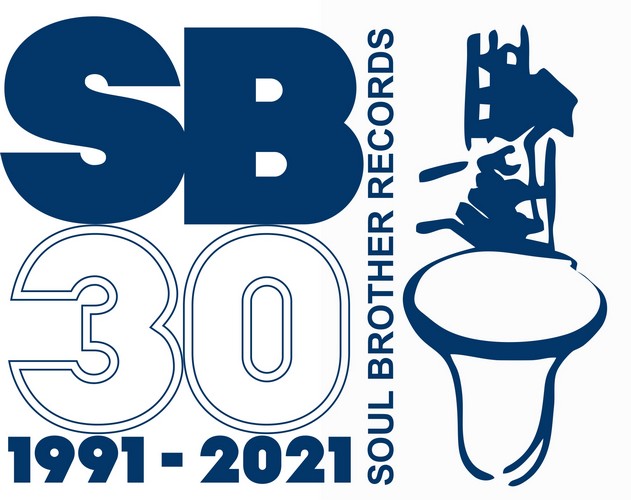
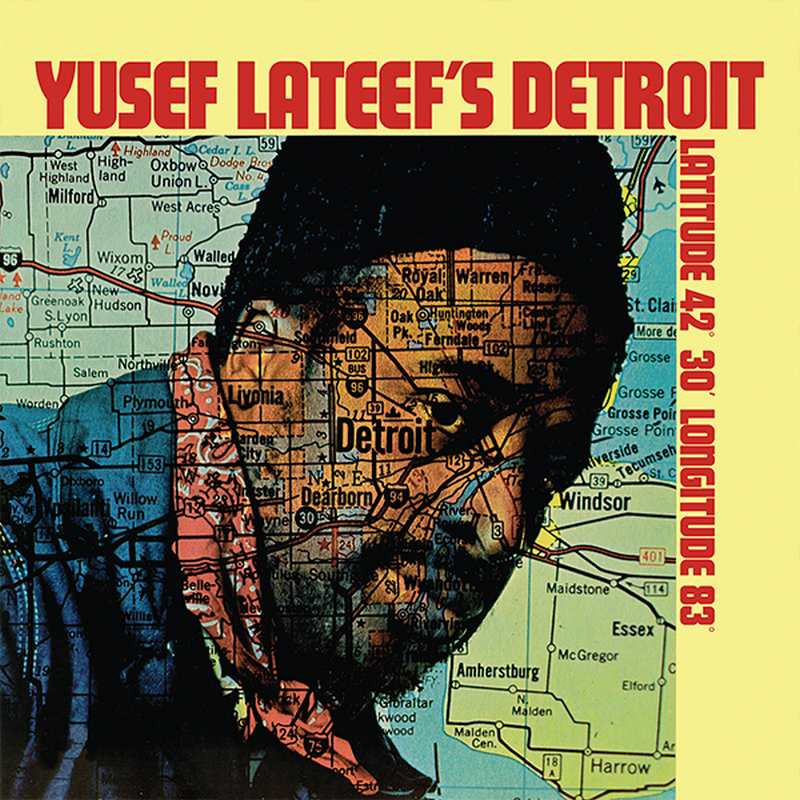
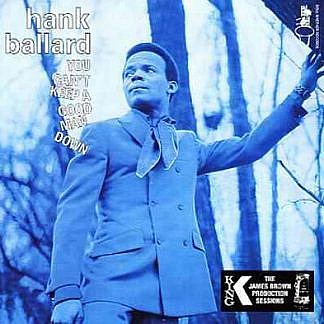

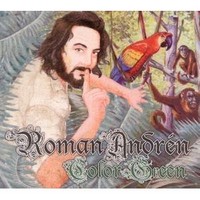


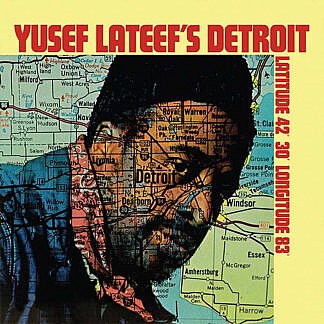
Reviews
There are no reviews yet.